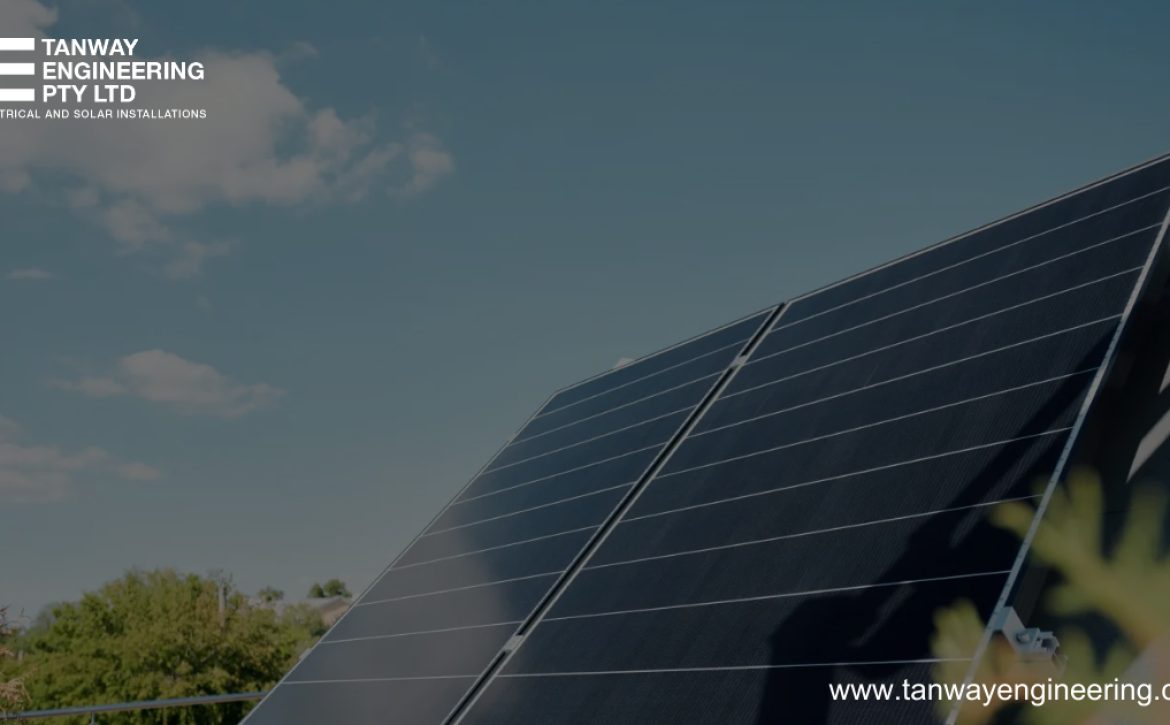Know your best power saver; Solar vs. Normal batteries
Future is electric, the importance of batteries are also levelling up. In this scenario where world is running with the technology, it’s essential for each one of us to choose the best option for power backup.
The energy from a solar PV system is normally stored in a solar battery. The solar panel converts the energy from the sun into electricity, which is then sent from the inverter to your house for use. The PV system is connected to the electrical grid in the event that you don’t have an off-grid solution. If the solar panels aren’t producing enough electricity to meet the demand, this lets your home get the electricity.
Any battery that we use to store energy falls under the category of normal batteries. Any normal battery can be classified as primary and secondary batteries based on whether they can be recharged.
Here are some significant variations between solar batteries and conventional batteries:
- Design
Deep-cycle batteries, such as solar batteries, are those that can be repeatedly discharged and recharged without losing any capacity. Because they are not made for deep cycling, regular batteries may not last as long if they are depleted too far.
Solar batteries are able to store more energy than conventional batteries because of their increased capacity. This is crucial for solar systems because it allows for the storage and utilization of daytime energy during the night and other times when there is less sunlight.
- Chemistry
Normal batteries can be composed of a variety of materials, including lead-acid,nickel-cadmium,and nickel-metal hydride, whereas solar batteries are often made of lithium-ion or lead-acid batteries.
- Discharge Rate
Solar batteries are C 10 and normal batteries are C20. It is thought that the capacities of all C-rated batteries are comparable. The C10 battery will last for 10 hours, thus you shouldn’t discharge it in that time.
For industrial and solar needs, C10-rated batteries are advised because they can offer greater power in a shorter amount of time.Due to the enormous current being drawn, C20-rated batteries are typically not the best choice.
- Cost
Clearly, solar batteries are expensive than normal batteries, but as we take it a long-term use, solar batteries are beneficial.
- Lifespan
Prior to purchasing a battery, it is crucial to examine its lifespan. Typically, a normal battery lasts three to five years.
Moreover, solar batteries have a lifespan of 10 to 15 years. Every solar battery gradually loses storage capacity. However, not all batteries perform in the same way. Only a few solar batteries have cutting-edge designs and degrading process-slowing features.
As we understood Solar batteries are the top solution for your power backup and energy resource, next is to choose the right one that meets your power requirements. Tanway Engineerings provides various solar panels with batteries, like 6.6 kW solar system,10.6 kW solar system, 13.2 kW solar system. A 6.6kW solar system is ideal for average-sized homes, while a 10.6kW and 13.2 kW system offers power for larger households and business realms.



